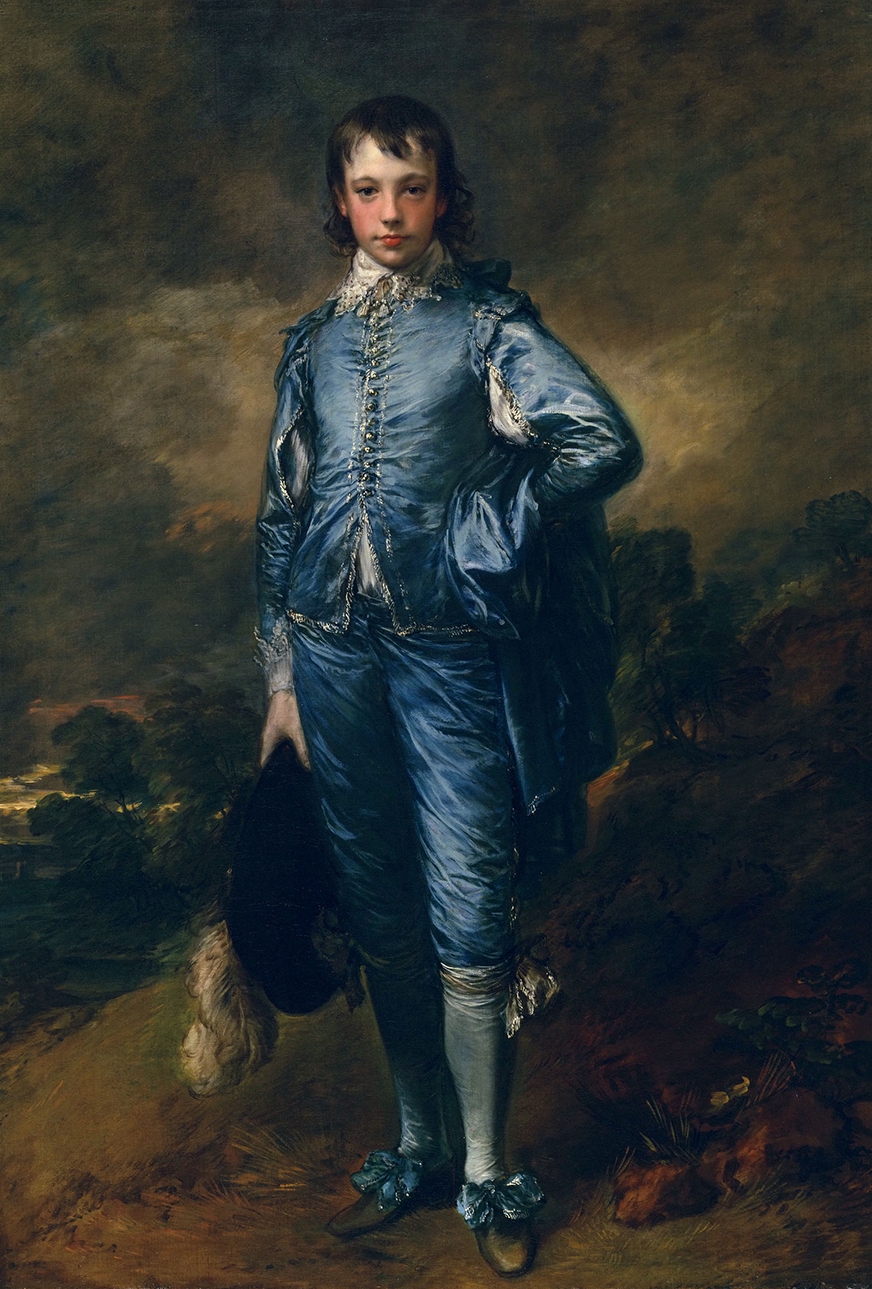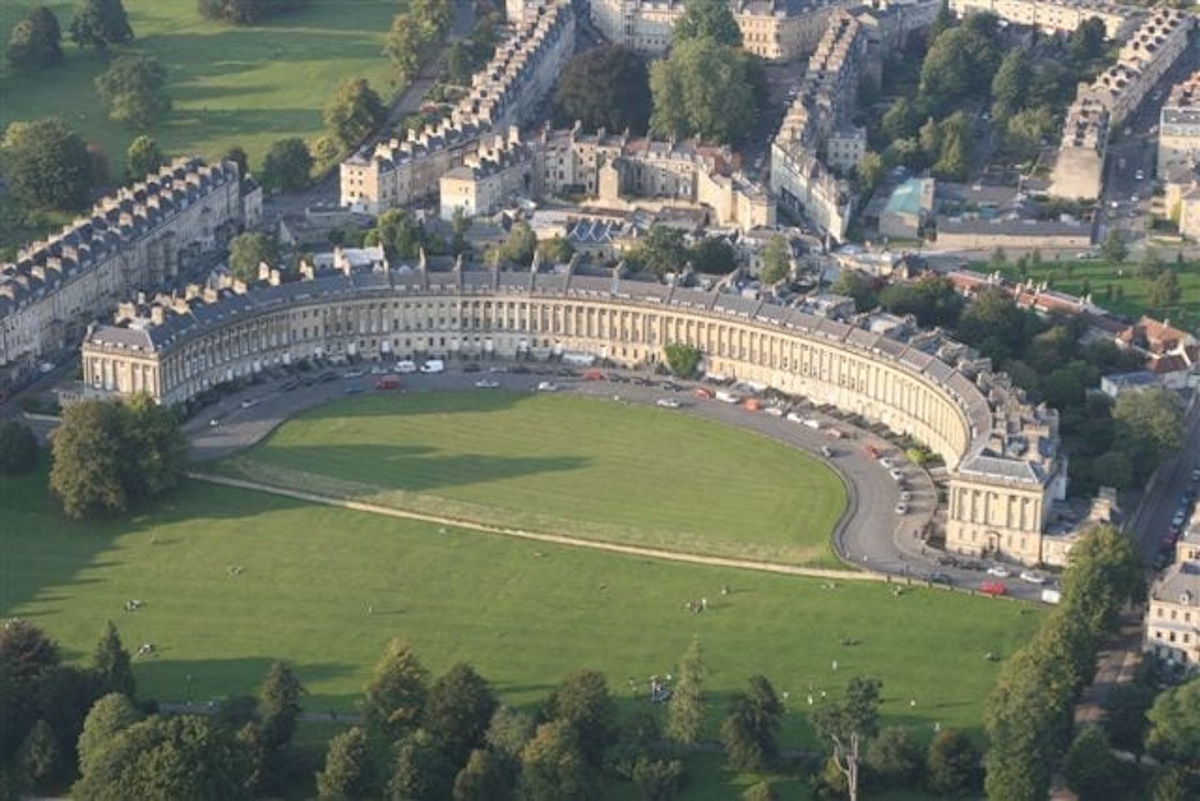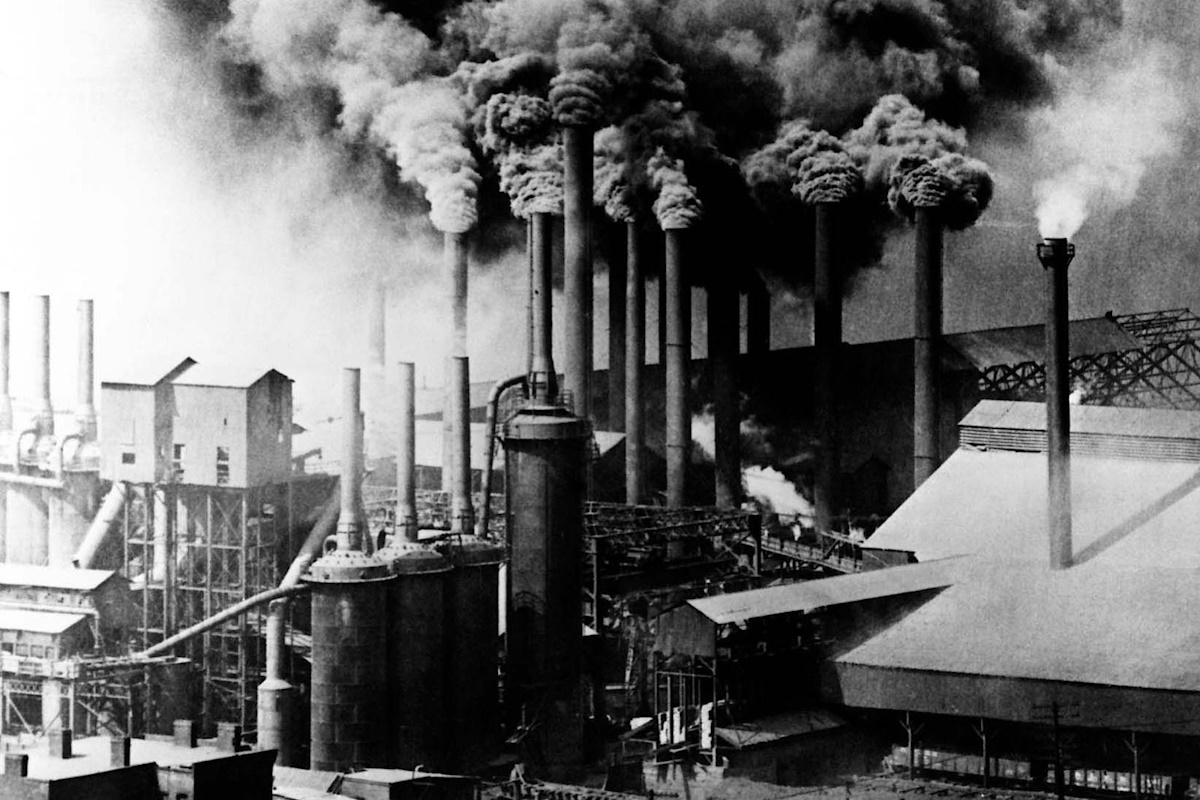The Georgian Era: A Golden Age of British History
The Georgian era, spanning from 1714 to 1837, was a period of significant transformation in British history. Named after the four successive King Georges who ruled during this time, this era saw remarkable advancements in art, architecture, literature, and science, as well as profound social and economic changes.
Key Features of the Georgian Era
- Reign of four King Georges (George I, II, III, and IV)
- The Industrial Revolution
- Expansion of the British Empire
- Emergence of Romantic literature and art
- Advancements in science and technology
- Growth of coffee houses and social clubs
- Development of Georgian architecture
1714
George I ascends to the throne, marking the beginning of the Georgian era.
1760
George III becomes king, the longest-reigning monarch of the Georgian era.
1775-1783
The American Revolutionary War leads to the loss of the American colonies.
1789
The French Revolution begins, affecting British politics and society.
1811-1820
The Regency period, when George IV rules as Prince Regent due to George III's illness.
1837
Queen Victoria ascends to the throne, marking the end of the Georgian era.
Cultural Achievements
The Georgian era was a time of great cultural flourishing. Literature saw the rise of notable authors such as Jane Austen, Mary Shelley, and the Romantic poets like William Wordsworth and Lord Byron. In art, painters like Thomas Gainsborough and J.M.W. Turner gained prominence. The era also saw the development of the distinctively elegant Georgian style in architecture, characterized by symmetry and proportion.
The Industrial Revolution
One of the most significant developments of the Georgian era was the Industrial Revolution. This period saw rapid technological advancements, the growth of factories, and urbanization. It transformed Britain from an agrarian society to the world's leading industrial nation, setting the stage for its global dominance in the Victorian era.
Empire and Global Influence
During this period, the British Empire expanded significantly. Despite losing the American colonies, Britain gained territories in India, Australia, and parts of Africa. This expansion brought wealth to Britain but also led to complex social and moral issues related to colonialism and slavery.



Legacy
The Georgian era left an indelible mark on British history and culture. Its architectural legacy can still be seen in cities like Bath and Edinburgh. The literature of this period continues to be celebrated worldwide. Moreover, the social and economic changes of this era laid the foundation for modern Britain and its global influence.
As we reflect on the Georgian era, we see a period of immense change and progress, marked by both great achievements and significant challenges. It was a time that shaped much of what we recognize as quintessentially British today.